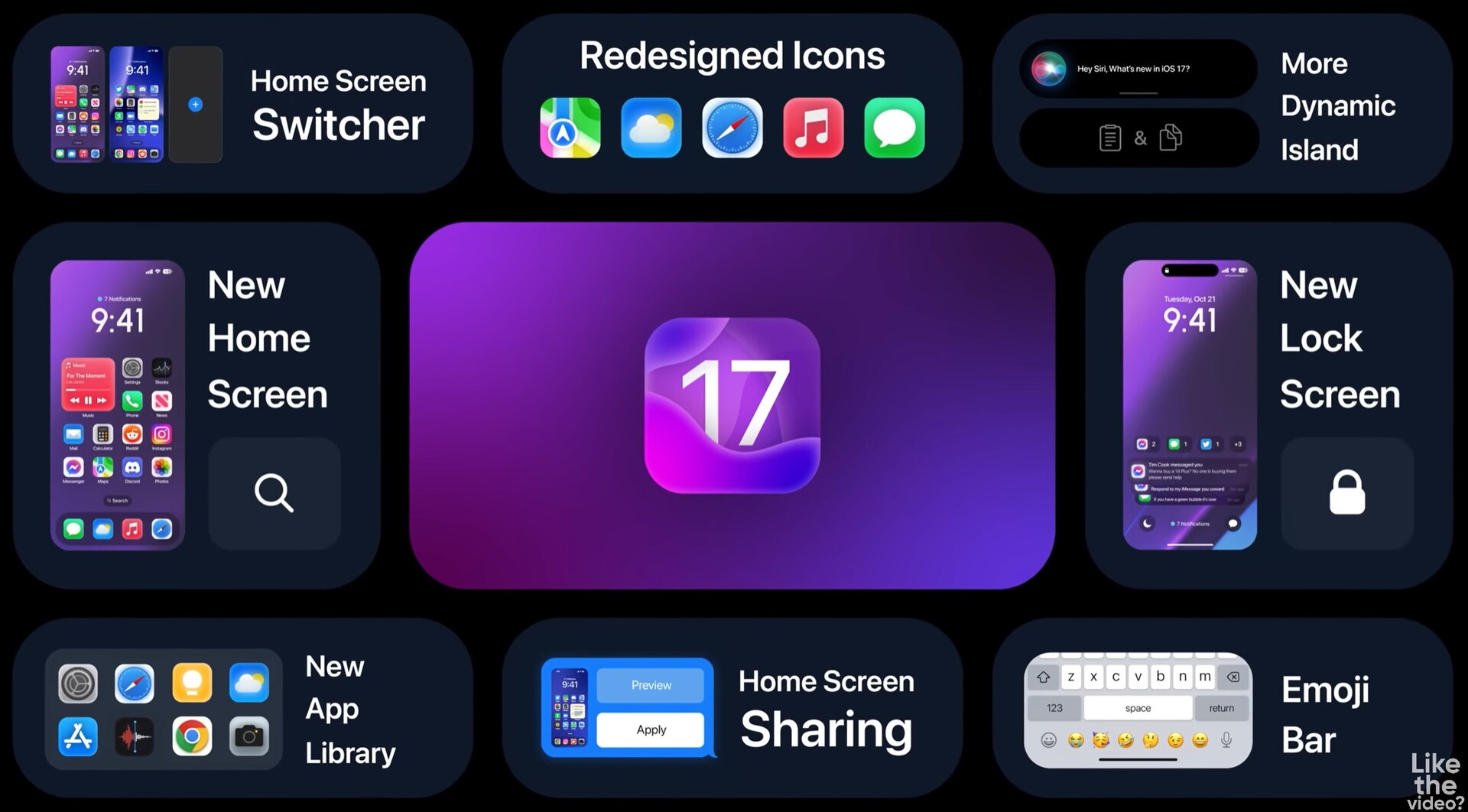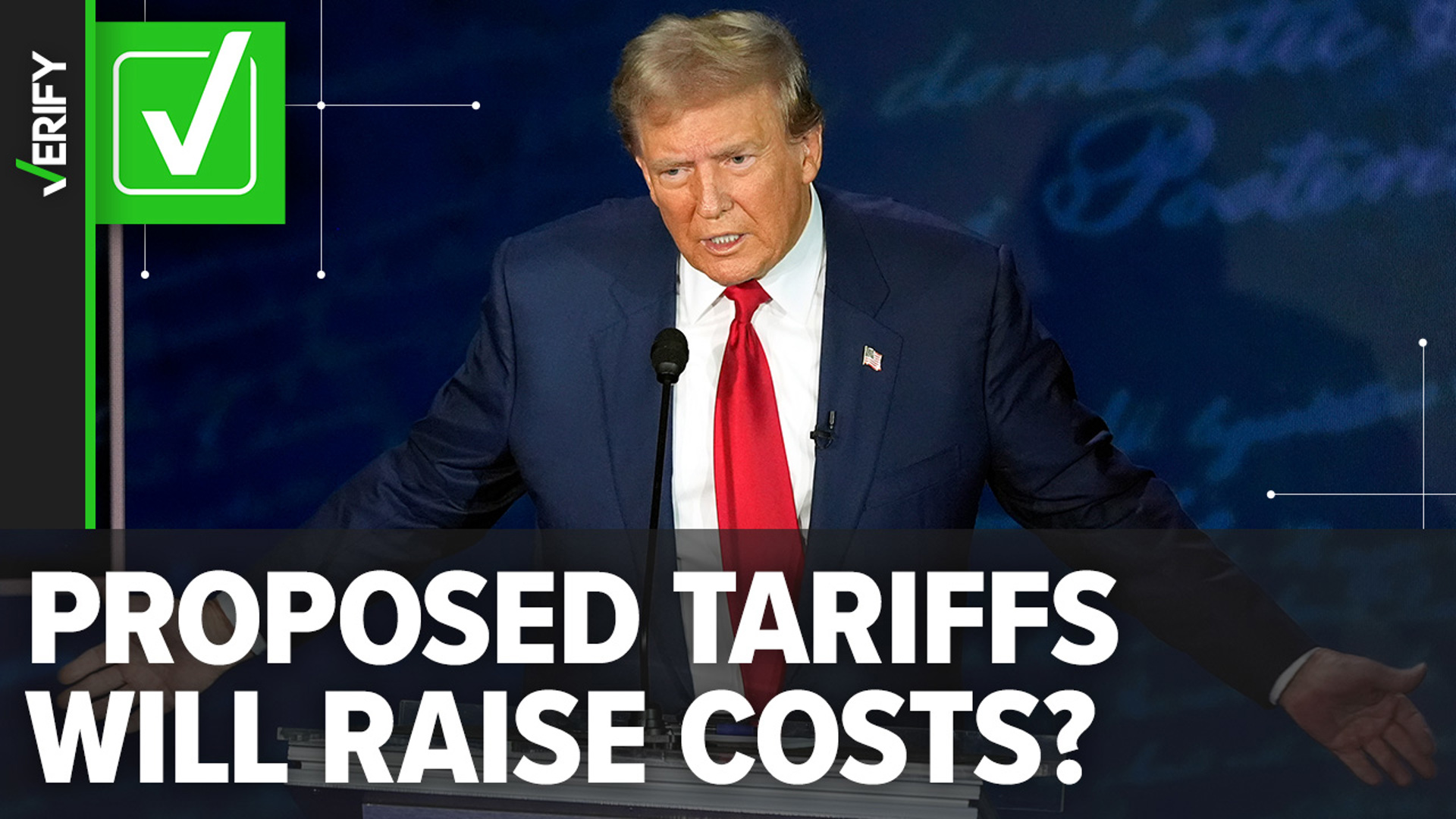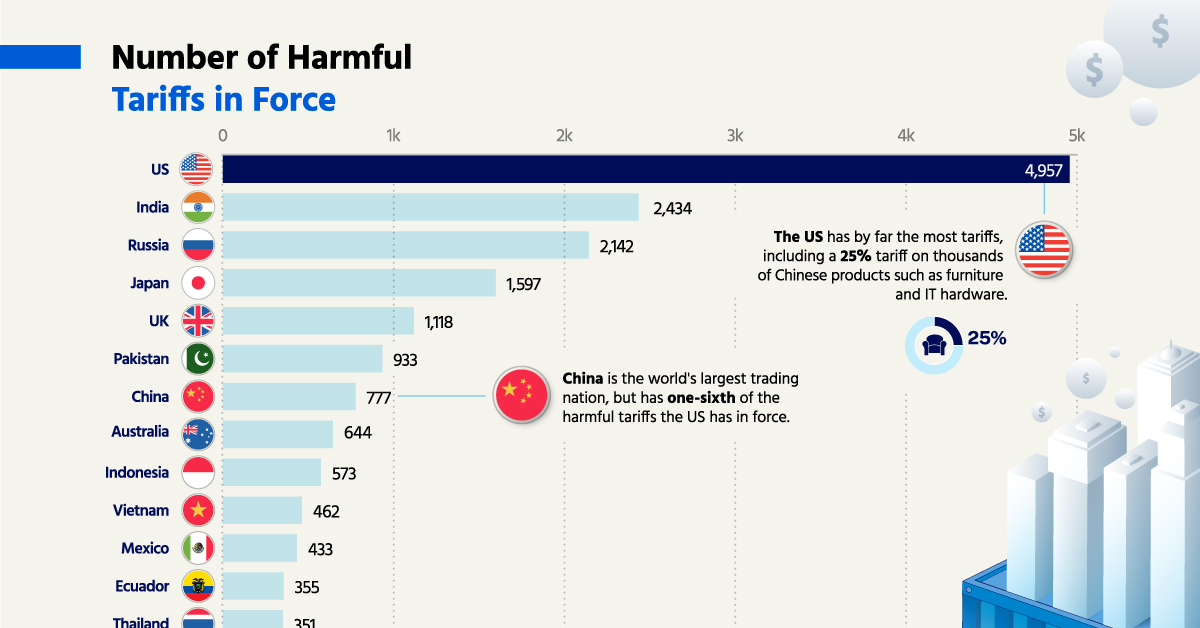Fortnite's IOS Absence: Understanding The Situation

Table of Contents
The Epic Games vs. Apple Legal Dispute
The core conflict between Epic Games and Apple centers around Apple's App Store policies, specifically its 30% commission on all in-app purchases. Epic Games, the developers of Fortnite, felt this commission was unfair and anti-competitive. This disagreement ignited the legal firestorm that led to Fortnite's ban from the App Store.
-
Apple's 30% Commission: Apple's policy mandates a 30% cut of all in-app purchases processed through its system. This applies to virtual currency, cosmetic items, and any other form of in-game transaction. Epic Games argued this was an excessive fee that stifled competition and innovation.
-
Epic Games' Direct Payment System: To challenge Apple's policy, Epic Games implemented a direct payment system within Fortnite, allowing players to purchase in-game currency directly from Epic, bypassing Apple's system and its 30% cut. This blatant disregard for Apple's terms of service was the catalyst for the conflict.
-
Apple's Response and Fortnite's Removal: Apple swiftly responded by removing Fortnite from the App Store, citing violations of its developer agreement. This action left millions of iOS users unable to access the game. The removal of Fortnite also sparked a wider conversation about app store monopolies and developer rights.
-
Ongoing Legal Battles and Implications: The removal of Fortnite triggered a significant antitrust lawsuit filed by Epic Games against Apple. The lawsuit alleges anti-competitive practices by Apple, arguing that its App Store policies stifle competition and harm consumers. The outcome of this legal battle will have far-reaching implications for the entire mobile gaming industry and app store policies globally.
The Impact on Fortnite Players
The absence of Fortnite from iOS devices has had a profound impact on its player base. Millions of dedicated iOS users suddenly lost access to their favorite game, causing significant inconvenience and frustration.
-
Loss of Access for iOS Users: The immediate and most impactful consequence was the loss of access to Fortnite for iPhone and iPad users. Many players invested significant time and resources into their accounts, making this loss particularly upsetting.
-
Alternative Gaming Platforms: In response, many iOS users turned to alternative platforms, primarily cloud gaming services like GeForce Now and Xbox Cloud Gaming. These services allow players to stream Fortnite to their iOS devices, bypassing the need for a native app. However, these alternatives often come with limitations, such as requiring a strong internet connection and potential latency issues.
-
Impact on the Fortnite Community: The division of the Fortnite community between iOS and other platforms has been noticeable. The inability to easily play with friends on different devices has impacted the overall gaming experience for many.
-
Potential Solutions and Workarounds: While a return to the App Store remains the most desirable solution, workarounds like cloud gaming are providing temporary relief for some players. However, these solutions are not ideal due to their cost and technological limitations.
The Future of Fortnite on iOS
The future of Fortnite on iOS remains uncertain, heavily dependent on the outcome of the ongoing legal battle between Epic Games and Apple.
-
Possible Outcomes of the Legal Dispute: The lawsuit could result in several different outcomes, ranging from Apple making concessions to its App Store policies to a complete victory for either party. The ruling will have significant implications for the future of app store policies worldwide.
-
Likelihood of Fortnite Returning to the App Store: The possibility of Fortnite returning to the App Store depends heavily on the outcome of the legal battle and whether Apple is willing to compromise its policies. A significant change in Apple's in-app purchase regulations would be necessary to facilitate Fortnite's return.
-
Potential Changes to App Store Policies: The lawsuit has already prompted discussions about potential changes to app store policies, with many arguing for increased competition and fairer practices for developers.
-
Alternative Solutions for Future Mobile Game Distribution: The situation highlights the need for alternative mobile game distribution models, perhaps leveraging other app stores or exploring more decentralized approaches to game distribution.
Conclusion
This article explored the complexities surrounding Fortnite's absence from the iOS App Store, focusing on the legal battle between Epic Games and Apple, its effects on players, and potential future outcomes. The situation highlights the ongoing debate about app store policies and their impact on developers and consumers. The long-term ramifications for mobile gaming and the app store landscape remain to be seen, underscoring the importance of continued observation and discussion. Stay informed about the latest developments in the Epic Games vs. Apple lawsuit to understand the future of Fortnite on iOS and other mobile gaming platforms. Continue to search for updates on "Fortnite iOS" for the most current information.

Featured Posts
-
 Maneskins Damiano David Releases Contemplative Solo Single Next Summer
May 18, 2025
Maneskins Damiano David Releases Contemplative Solo Single Next Summer
May 18, 2025 -
 Impact Of Trumps 30 China Tariffs A 2025 Forecast
May 18, 2025
Impact Of Trumps 30 China Tariffs A 2025 Forecast
May 18, 2025 -
 Damiano David Maneskin Releases Debut Solo Album Funny Little Fears
May 18, 2025
Damiano David Maneskin Releases Debut Solo Album Funny Little Fears
May 18, 2025 -
 Understanding Metropolis Japan From Ancient Traditions To Modern Innovation
May 18, 2025
Understanding Metropolis Japan From Ancient Traditions To Modern Innovation
May 18, 2025 -
 Mlb Dfs May 8th Sleeper Picks And Hitter To Target
May 18, 2025
Mlb Dfs May 8th Sleeper Picks And Hitter To Target
May 18, 2025
Latest Posts
-
 Top Entertainment News Must Read Stories For Movie Music And Tv Fans
May 18, 2025
Top Entertainment News Must Read Stories For Movie Music And Tv Fans
May 18, 2025 -
 Southwest Washingtons Economy Navigating The New Tariff Landscape
May 18, 2025
Southwest Washingtons Economy Navigating The New Tariff Landscape
May 18, 2025 -
 Entertainment News Today Breaking Celebrity News And Pop Culture Updates
May 18, 2025
Entertainment News Today Breaking Celebrity News And Pop Culture Updates
May 18, 2025 -
 Destino Ranch Upgrades Media Infrastructure With Golden Triangle Ventures Lavish Entertainment And Viptio Partnership
May 18, 2025
Destino Ranch Upgrades Media Infrastructure With Golden Triangle Ventures Lavish Entertainment And Viptio Partnership
May 18, 2025 -
 Catch Spencer Brown At Audio Sf On May 2nd 2025
May 18, 2025
Catch Spencer Brown At Audio Sf On May 2nd 2025
May 18, 2025
